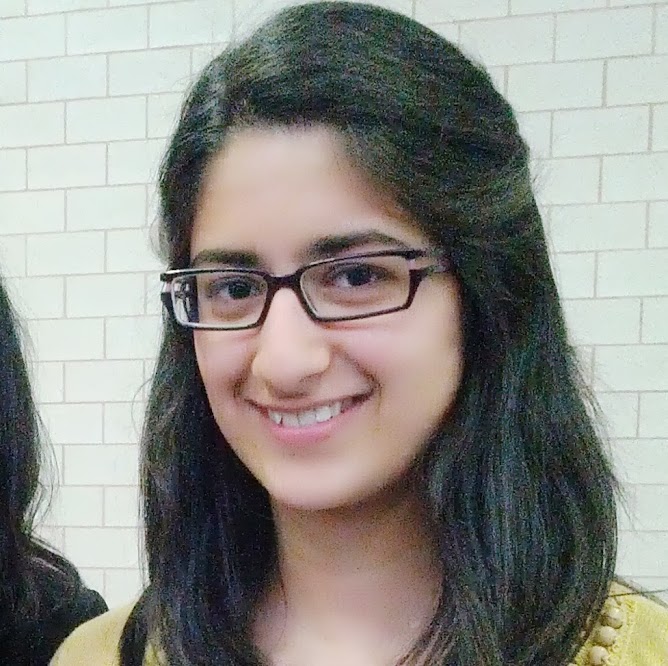by Karina Shooter
In many crowded cities across the world it is common for frustrated drivers to be unable to find a parking space. In fact, it has been estimated that about one third of congestion in cites is caused because drivers circle the streets in order to find an empty parking spot. This not only inconveniences the drivers themselves, but also has a big social cost - cars circling the streets produce extra fumes and pollution (which otherwise would not have been produced had a parking space been available) and it also increases the risk of accidents - a driver looking for a parking space is much less likely to notice an oncoming pedestrian or cyclist.
In order to combat this problem, San Francisco has introduced a high-tech parking system called SFpark. The aim is to keep one parking space free per block at any one time, by using supply and demand analysis.
Since sensors have been installed into parking bays around the city, which register when the parking bay is being used, drivers now pay flexible parking rates in accordance to how busy the parking spaces on that block are. The rates are reviewed every two months. If a block of parking spaces is particularly popular and rarely has a free parking space, rates for that block can be increased by 25 cents, whereas if a block frequently has free parking spaces, prices can be decreased by up to 50 cents in order to increase demand and reduce the number of available parking spaces until only one per block remains.
SFpark has also made it easier for people to pay for parking, by introducing credit card machines in parking meters. In addition, people are able to check online, via text or on their smartphones whether the area which they would like to park has any available parking spaces - this may encourage people travelling to busy areas to use public transport.
Although it is too early to conclude whether the new parking system has been effective, preliminary data suggests that three-quarters of the blocks have either hit their targets or moved closer to the overall goal of one available parking space per block. In addition, the scheme seems to be more successful on weekdays than weekends.







